Interview – James Essinger / The Conrad Press
What would a good author be without a good publisher? Since 2015, The Conrad Press has been well known for their wide range of genres, from fiction to non-fiction novels of all kinds including, but not limited to, memoirs and biographies. They also publish poetry collections, books of children and Young Adults, playscripts and screenplays. They’re located in the UK. This fastest-growing independent publishing house has now more than 250 writers.
The Conrad Press is very happy to publish English translators of books originally written in French (or in any other language). They can supply a translator.
What better way to discover this wonderful world of publishing than chatting with James Essinger, the founder and managing director, who can be reached at jamesessinger@theconradpress.com or on +44 7831 259889 or 07831 259889.
We would like to give him a big thank you for telling us about his job so passionately!
www.theconradpress.com
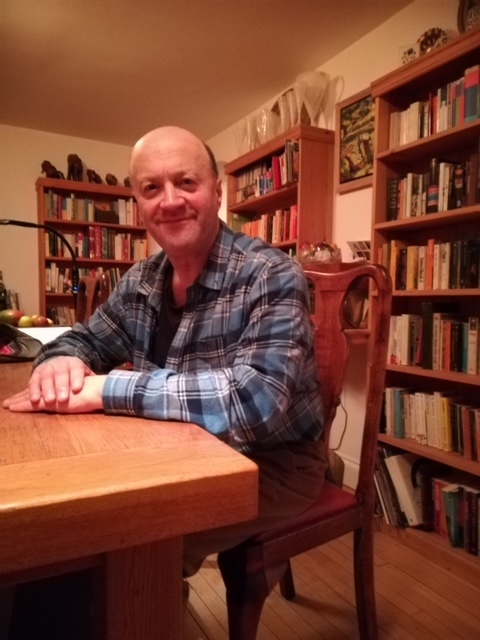
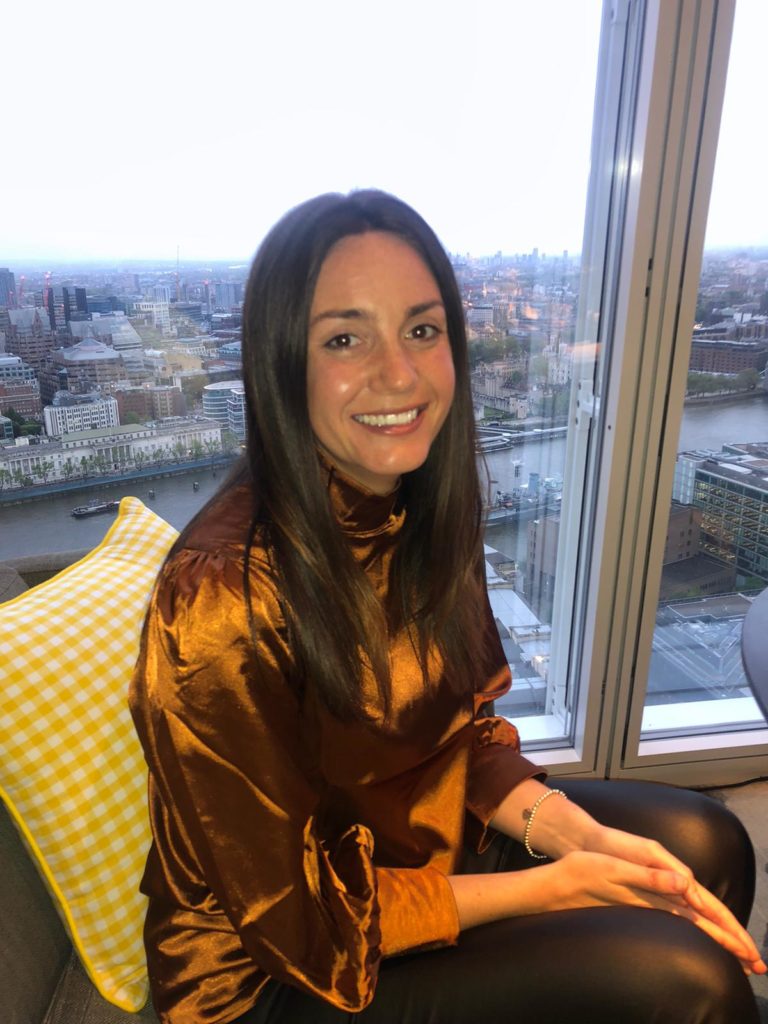
Can you introduce your publishing house to our readers?
The Conrad Press is named after the great Anglo-Polish writer Joseph Conrad, who lived from 1857 to 1924 and who wrote many brilliant novels including Nostromo (1904) and Lord Jim (1900) and also his very famous long short story or novella, Heart of Darkness (1899). Conrad lived near Canterbury in south-east England for the last years of his life and is buried in the Catholic cemetery in Canterbury, which is now my home town: I moved here in 1986.
The Conrad Press is a vigorous, honourable, transparent and author-focused subsidy publishing firm, which I founded in December 2015 with two writers. We now have 255. It’s an independent publisher and publishes a wide range of genres.
We have a modest author contribution for our writers, which for a book of up to 90,000 words is £895 as a concessionary, or £995 if people are working, though in practice we grant the concessionary price most of the time. We charge £200 more for books between 90,000 and 125k words in length and another £200 for books between 125k and 150k. After that, there is also a slightly increased rate for a longer book. This is only because longer books obviously mean more editorial time and also I also have to pay more money for typesetting. Of the £895 for books up to 90,000 words, my disbursements that I have to pay the third parties for cover design, typesetting and ISBN numbers (that is, International Standard Book Number) amount to £697, so we keep our profit margin fairly low.
We have a 100 percent royalty for authors until the author contribution is paid back and thereafter it’s a fifty-fifty split between the author and The Conrad Press. All the rights to the books all remain with the authors and, if we get you a deal for your book in Hollywood, or a translation deal or serialisation, or audio-books it is a 70:30 split between the author and The Conrad Press, in the author’s favour. In the present climate, The Conrad Press is a very good way to start your writing career. We publish books in the United Kingdom and in Ireland, and as ebooks in the UK, Ireland and in the United States, and in many other English-speaking countries.
We are curious to know what kind of work there is in publishing a book. Can you walk us through an average day as a publishing house?
There’s really no such thing as an average day in publishing! No matter what I’m planning to do during the day, there’s always things happening that make me deviate from my plans, although I am very driven and determined and I always make sure that I’ve done my planned, pro-active work in the day, unless there’s some emergency I have to attend to, which occasionally there is.
I have a very comprehensive and smooth way of running the firm, starting from assessing a book and, if I want to make an offer for it (sometimes with the condition that certain editorial changes are made, although these tend to relate to punctuation and spelling errors; we don’t seek to change a writer’s style) then I make an offer for it and give the author a publication month, which is always within no more than four months of the offer being made.
The month before the publication month we go through a process we call Quality Assurance and, after it has completed that it is handed to one of our two design units (a freelance designer called Charlotte Mouncey I have been working with since I founded the firm and also a husband-and-wife team called Rachael and Nat Ravenlock, who I have been working with since the start of 2020) so we have basically two design units.
I spend a lot of my time reviewing submissions, liaising with our printer, which is Clays, who are the biggest book printers in the country and also run our distribution system, also liaise with our ebook aggregator, that is an organisation that puts an ebook on the internet, which is called the book Partnership. Although we are happy to publish books as ebooks, most of our books are published as print books. We usually have an initial print run of 300 copies. Authors pay for this print run and they pay Clays direct, and I don’t make any mark-up on the print cost at all, to avoid a conflict of interest.
To give you an idea, 300 copies of a book of 80,000 words costs about £550 to print and the distribution system for our books, which cost £9.99 retail, gives the author £4.40 per book, so authors make a good profit using thee print books.
It’s very important I explain that we are not a self-publishing organisation. We are an international publisher and we take on the entire responsibility of publishing our clients’ work.
In fact, we are better than most publishers because, among other things, we communicate much better with our writers. We have a major author community to which our writers enjoy belonging and we have all sorts of contacts in Hollywood, which we can bring to our writers’ service. We offer a much better deal than most publishers do and I should know because I have several publishers who publish my own work – I am a professional writer myself – in the UK and the US and none of my publishers offer anything like the kind of service that The Conrad Press does.

Can you explain the difference between a Publisher and a Press Office?
A publisher exists to publish creative endeavours and, in most cases, that means books, although there are of course music publishers as well and organisations rather like art publishers that make works of art available to the public. We focus on books and, as I say, we have a very wide remit for the kind of books we are happy to publish.
A press office is completely different; it simply is an office, which publicises news events, which some organisations want to publicise and they pay the Press Office to do so, or sometimes press offices are located in large organisations and focus only on an organisation. It’s a publicity office fundamentally and very different from being a publisher, although as a publisher we do of course publicise our books widely.
How would you define the editorial line of The Conrad Press?
We don’t have an editorial line, which writers need to adhere to in order to get published. I don’t see the point of that; my job is to help liberate writers’ talents and give them a chance of a literary career. That said, I’m not going to publish books that have asocial opinions that no rational person would agree with, but in fact we don’t really get many books like that. Most people who take the trouble to write a decent book tend to be relatively reasonable in their perspective on life, which is one reason why I like working with writers.
What criteria do you use when choosing which manuscripts to publish? How is the decision to publish something ultimately made?
Well, it’s made by me, as I’m the publisher and the managing director of The Conrad Press Limited. By the way, we are now a limited company.
I tend to accept books that are lively, vigorous and interesting. It doesn’t mean that I necessarily need to be empathetic to everything that’s in the book. Indeed, a publisher who did that wouldn’t be much of a publisher. It’s necessary to step back from one’s own agenda and to respect that the diversity of the world is one of the most exciting things about it. For example, I’m heterosexual, but I’m very proud of our LGBT publication list; many very talented gay writers write for us and produce splendid work and indeed, my number two in the firm, a very talented lady called Karla Harris, is herself gay. I am interested in pretty much everything and I very rarely find any area of culture of no interest at all. But again, my personal opinion isn’t as important as my desire to liberate writers to achieve all they can with their books.
Ultimately, I publish books that I find interesting. I think any publisher should be doing that.
On a personal basic, how many manuscripts do you read per year?
About two hundred.
To what extent does your publishing house get involved with digital production?
We see it as an important option for publication, although I always say to writers that ideally they should publish their books in hard copy and also as digital books. But as I say, we do publish books only as ebooks; this is sometimes simply because writers don’t want to invest the money in paying for a print run of their book and I understand that. Because I deliberately don’t make any mark-up on the print cost of a book, I have no conflict of interest and am happy to publish a book only as an ebook if the writer wants that, but most writers, understandably, love to see their book as a physical object in their hands and I really get that. I myself very much like the physical feel of a book. I think people who say that the printed book is in decline is simply wrong. Clays, our printer who also print the Harry Potter books. print 500,000 books every day, which says a great deal about how the print book is very far from dead and very much alive.
We don’t publish books as print books in the United States, although what happens to most of our books is that, once they appear on amazon.com as ebooks we find that secondary book internet retailers will have copies of our print books for sale in the US and will offer them for sale on amazon.com. So, in that sense we do have distribution in the United States.
Also, all our books are available on The Conrad Press website www.theconradpress.com
With the current pandemic situation, how has the book market been over the past year? How do you see the future of this profession?
The pandemic had, to some extent, a negative effect on book sales, because obviously physical bookshops were closed and not everyone wants to buy books as ebooks and read them on a Kindle; me included. I read submitted books on my computer, but I don’t have a Kindle although I really get why people write them (my late mother, Mary, who passed away in April 2020 at the age of 87, was a great fan of her Kindle). But the effect of the pandemic on book sales was not catastrophic and certainly for us as a publisher we found the number of submissions we received increased significantly; indeed I would say it pretty much tripled during the pandemic, because people were at home and finally got round to writing the book that they had been meaning to write for years… We found that the level of commissions have not fallen off now that the lockdown has ended, at least in the UK. I suppose writers’ enthusiasm for writing books has not decreased now that the pandemic has liberated it!
How do you see the future of this profession?
I think books are even more important today than they have ever been. Books are cheap, great value for money and pretty much the only area of mass culture that is not, or hardly, subjected to official censorship.
As for authors, nowadays, it’s possible to self-publish on many channels, but I think that’s a very poor choice for publishing a book, because it’s not real publishing, especially when the books are printed to order, which I don’t think is real publishing at all. The Conrad Press has a healthy policy towards helping writers get started in their careers and gives them extensive help to do so.
It’s generally the case that ‘traditional’ publishers offering, at least in theory, a traditional business model where they pay an advance, very rarely accept books by new writers. In fact, the acceptance level is something like one in 2000.
Many writers who come to The Conrad Press have written books that are absolutely marvellous and would have been snapped up in the old days when the publishing industry was not so cautious, but nowadays it is cautious and basically only wants to publish books by writers who are famous already (and therefore benefit from the hard work the writer has done to get their career going), or who are famous in some other way, such as on television. If you go into almost any bookshop, at least in the UK and probably in the US as well, you will find that many of the new novels are actually written by people who are famous in other areas and who are not really writers at all. Most traditional publishers today care more about authorial name recognition than the actual quality of the book!
By the way, many novels that are famous are ghost-written anyway; about twenty percent of books on The New York Times Bestseller List are ghost-written.
In your opinion, what place and what role do e-magazines and blogs have over traditional media?
I think they are really important and that they are assured of a future, especially as print magazines are increasingly expensive to produce and many people simply prefer to get information on the internet nowadays, including myself. I don’t think magazines are ever going to die out completely, but certainly I would say that e-magazines and blogs are really the way ahead for publication and the dissemination of culture nowadays.
Can you tell us about your latest publications?
All our publications are for sale on The Conrad Press website and I don’t really want to single out any specific ones, except that it’s only fair to say that one of the writers that I’m most proud of publishing is the very talented Hollywood screen-writer William Osborne, who co-wrote the blockbuster movie Twins (1986) and many other movies, and is a friend of mine. He has published three of his Young Adult books – which he initially published with a ‘traditional’ publisher – with us, and also I want to mention the former Member of Parliament Reg Race, who recently published a wonderful autobiography/ political thinkpiece called Goodbye to Working Class, which is a hardback and which is a book of which I’m particularly fond, with wonderful photographic illustrations and a writing style full of conviction and indeed one that is very racy, to echo the name of the writer.
This article was translated in French by Anne-Cécile Baer Porter.



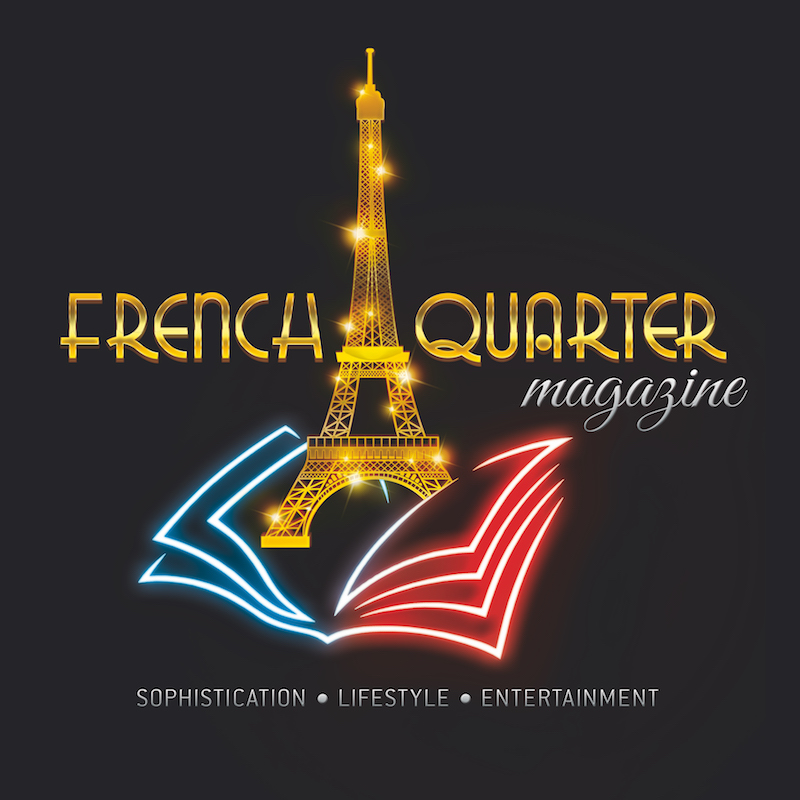
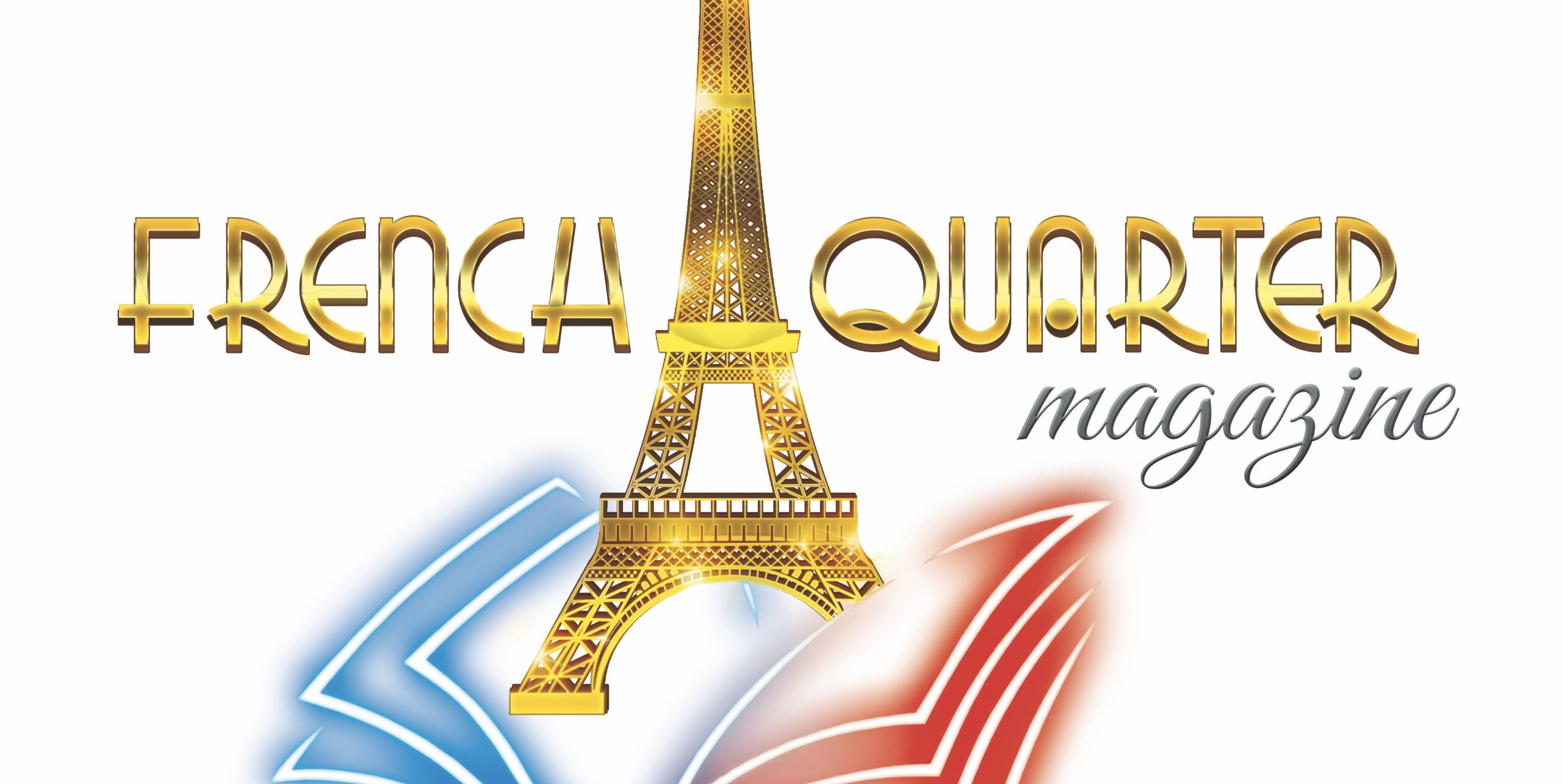






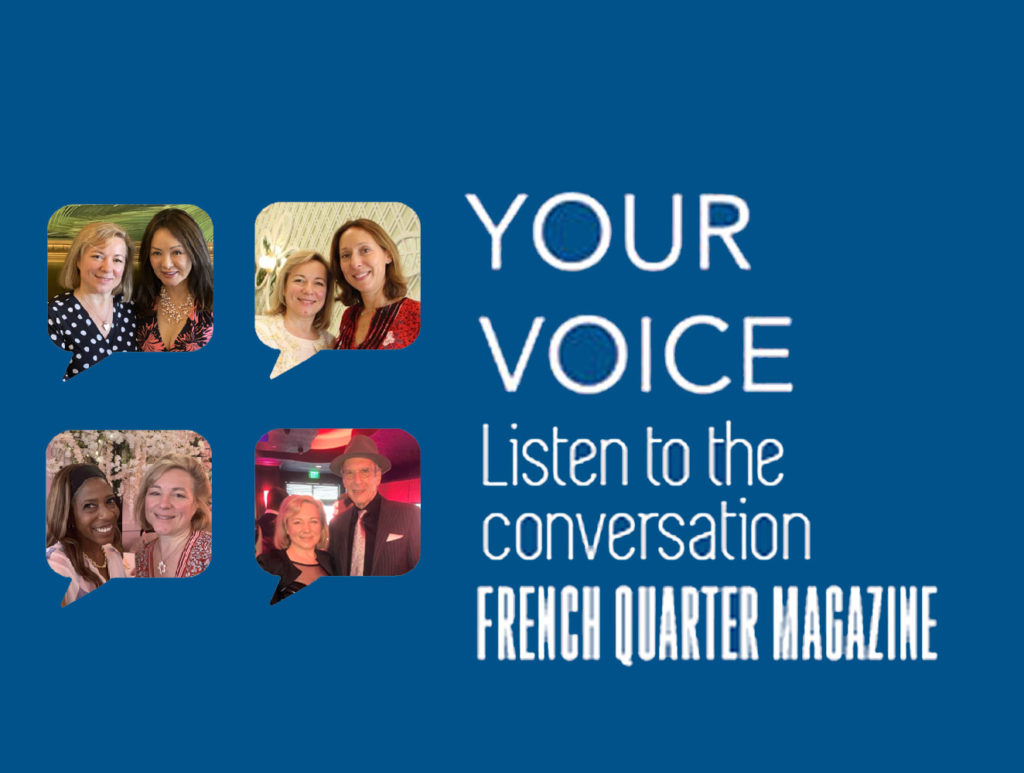









Fantastic read! This article does an excellent job of breaking down what smart homes are and how they’re transforming modern…